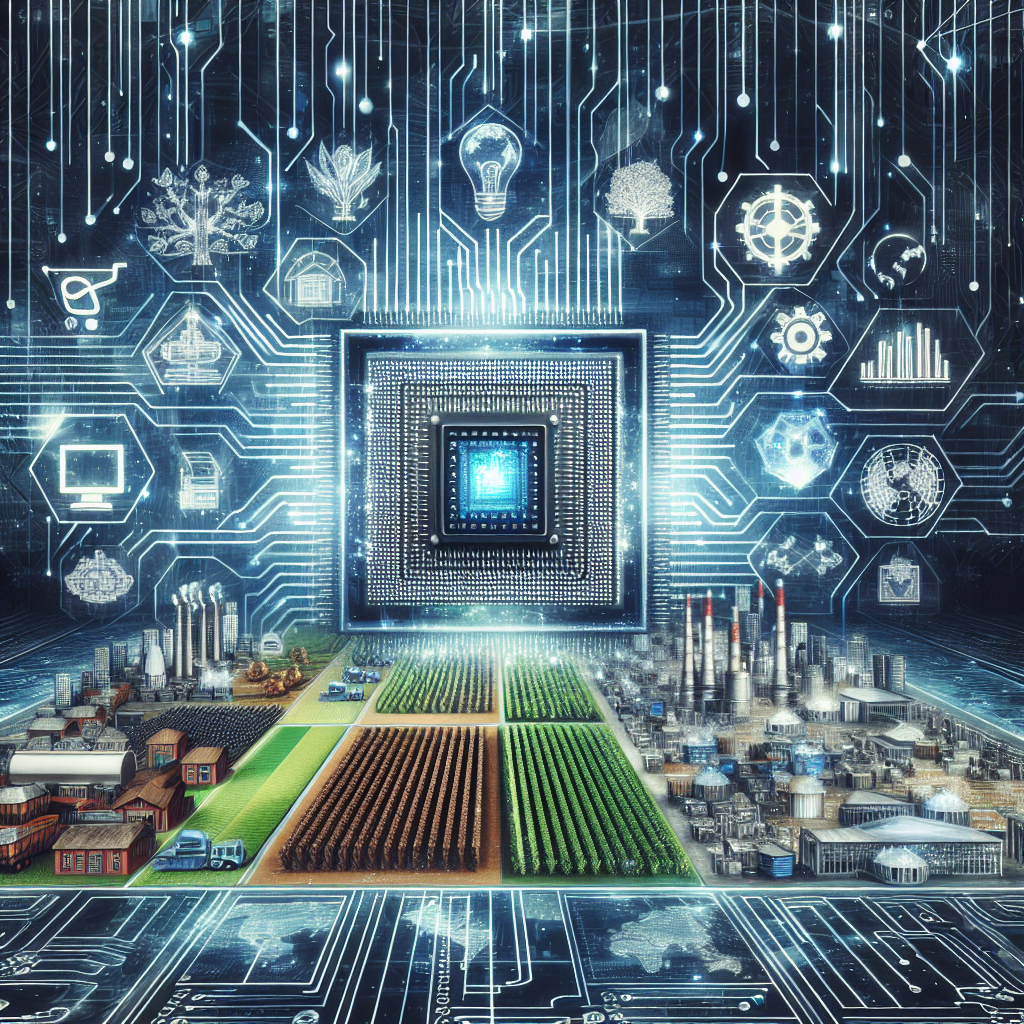Artificial Intelligence (AI) and Machine Learning (ML) have revolutionized the way we live and work in recent years. These technologies have a profound impact on various industries, including healthcare, finance, transportation, and more. One of the most significant impacts of AI and ML is on the economy. In this article, we will explore how AI and ML are reshaping the economy and what the future holds for these technologies.
The Impact of AI and Machine Learning on the Economy
AI and ML have the potential to transform the economy in several ways. One of the key impacts of these technologies is the automation of tasks that were previously performed by humans. This automation has the potential to increase efficiency and productivity in various industries, leading to cost savings and increased competitiveness.
For example, in the manufacturing industry, AI and ML can be used to optimize production processes, predict equipment failures, and improve quality control. By automating these tasks, companies can reduce labor costs and improve overall productivity.
In the financial sector, AI and ML are being used to detect fraudulent activities, predict market trends, and personalize customer services. These technologies can help financial institutions make better decisions and improve customer satisfaction.
In the healthcare industry, AI and ML are revolutionizing the way diseases are diagnosed and treated. These technologies can analyze large amounts of medical data to identify patterns and make accurate predictions. This can lead to more personalized and efficient healthcare services.
Overall, AI and ML have the potential to transform the economy by improving efficiency, reducing costs, and driving innovation. However, these technologies also raise questions about the impact on jobs and income inequality.
FAQs
Q: Will AI and ML replace human workers?
A: While it is true that AI and ML can automate many tasks that were previously performed by humans, these technologies also create new job opportunities. For example, AI engineers, data scientists, and machine learning specialists are in high demand. Additionally, AI and ML can augment human capabilities, leading to more productive and efficient work environments.
Q: How will AI and ML impact income inequality?
A: AI and ML have the potential to exacerbate income inequality by displacing low-skilled workers and increasing the demand for highly skilled workers. To address this issue, policymakers need to invest in education and training programs to ensure that workers are equipped with the skills needed to succeed in the digital economy.
Q: What are the ethical implications of AI and ML?
A: AI and ML raise ethical concerns related to privacy, bias, and accountability. For example, algorithms can perpetuate biases present in the data used to train them, leading to discriminatory outcomes. Additionally, AI systems can infringe on individuals’ privacy by collecting and analyzing personal data without their consent. It is crucial for policymakers and industry leaders to address these ethical concerns to ensure that AI and ML are deployed responsibly.
In conclusion, AI and ML have the potential to transform the economy by improving efficiency, reducing costs, and driving innovation. These technologies are reshaping various industries, including healthcare, finance, and manufacturing. However, the impact of AI and ML on jobs, income inequality, and ethics cannot be overlooked. It is essential for policymakers, industry leaders, and society as a whole to address these challenges and harness the full potential of AI and ML for the benefit of all.

